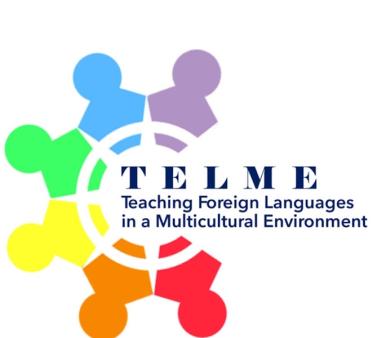There are three pathways:
-
Development and Integration (Rennes 2)
-
Teaching, Sport Sciences and Physical Education (ENS Rennes / Rennes 2)
www.sciencesport.ens-rennes.fr/-284999.kjsp -
Social and relational skills and intervention (Le Mans University)
Objectives
The STAPS Sports and Culture Development and Integration (DISC) offers disciplinary, cultural, technical and professional training in the field of design, administration, development and implementation of sports and/or leisure projects and physical activity-based schemes for enhancing local and cultural identities.
Graduates will be able to master the concepts, tools and methods specific to the human and social sciences as applied to sport. More specifically, the course aims to train future intervention specialists in the field of education (in the broadest sense, i.e. including integration, insertion and social inclusion), sporting movements and public policy and research. Each of these sectors is characterized by a diversity of jobs prepared for in the proposed pathways.
The partnerships established with several international NGOs as well as UNESCO means that students can prepare for careers in humanitarian work through sport, which are undergoing considerable development.
Training is organized in three pathways. The Rennes 2 pathway trains future engineering specialists in national and international organizations and in the field of socio-sport, and future managers of institutions (federations, etc.). It also includes advanced training in research to prepare students for doctorates in the field of the social sciences of sport.
Skills
-
Mastery of the social and cultural components of sport;
-
Engineering for diverse audiences;
-
Ability to integrate professional environments in the sport and education sectors;
-
Implementing tools to assess situations;
-
Developing a scientific approach to understanding the social and cultural realities of sport.
Course Content
This degree is composed of three pathways and has been designed on the principle of shared teaching according to the students’ professional project.
For all pathways, shared teaching is possible in semester 7 (S7) with the other STAPS courses on the different campuses and in S7, S8 and S9 for each of the STAPS Master’s courses (DISC).
The M1 / M2 link should enable all students to consider a training course that enhances their employability and prepares them for their future career. Course content has been designed to take place progressively with a high degree of uniformity over the two years.
Most of the training is made up of traditional teaching methods (lectures (CMs), tutorials (TDs), practical work sessions (TPs)). However, flipped classrooms based on preparatory work and questions from students are implemented.
Critical Debate seminars are held to involve students in the co-creation of knowledge. Students are also involved in project organization and management (intervention, analysis, research, etc.). Combined with the vocational experiences and skills developed, the relationships forged in these projects are likely to produce partnerships and thereby enhance students’ employability and optimize their future career prospects.




